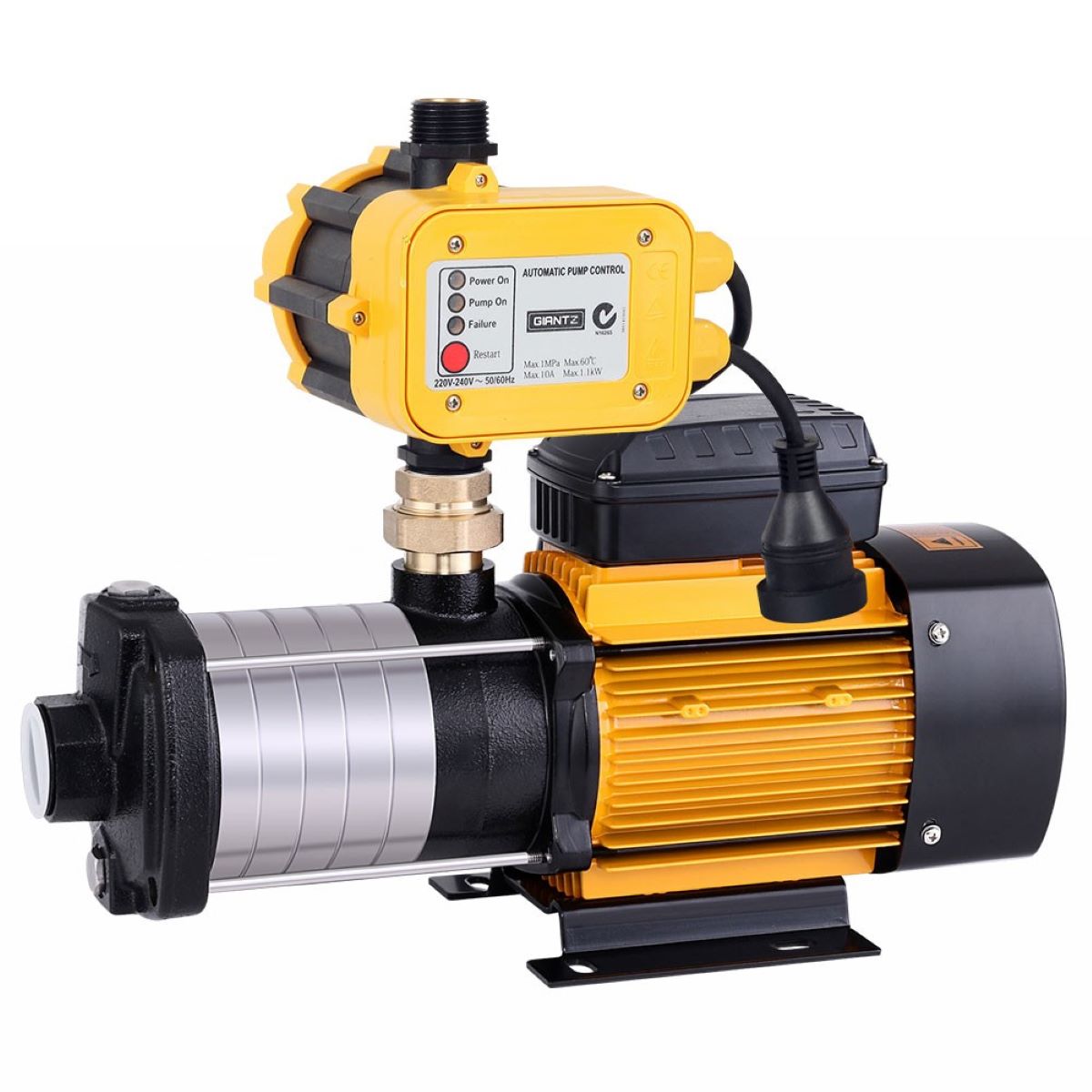

Articles
How To Choose The Best Water Pump
Modified: January 5, 2024
Looking for articles on the best water pump? Discover our expert guides and recommendations to find the perfect water pump for your needs.
(Many of the links in this article redirect to a specific reviewed product. Your purchase of these products through affiliate links helps to generate commission for Storables.com, at no extra cost. Learn more)
Introduction
Welcome to the world of water pumps! Whether you need to irrigate your garden, supply water to your home, or pump water out of a flooded area, a reliable water pump is an essential tool to have. But with so many options available, how do you know which one is the best for your needs?
In this article, we will delve into the factors you should consider when choosing a water pump. We will explore the different types of water pumps and discuss their benefits, efficiency, and performance. Additionally, we will provide you with maintenance and troubleshooting tips to ensure your water pump operates at its best.
When it comes to selecting a water pump, there are several factors to take into account. The type of application, water source, required flow rate, and desired pressure are all key considerations. By evaluating these factors, you can narrow down your options to find the most suitable water pump for your specific needs.
There are various types of water pumps available, each designed to serve different purposes. Submersible pumps, centrifugal pumps, jet pumps, hand pumps, and solar-powered pumps are among the most common types. Each has its own unique features and advantages, so it’s important to understand how they differ and which one is best suited for your requirements.
Submersible pumps are typically used for deep wells and are designed to be submerged in the water source. They are highly efficient and reliable, making them ideal for residential and commercial applications. Centrifugal pumps, on the other hand, are versatile and can be used for a wide range of applications. They work by using centrifugal force to move water and are commonly used for irrigation and water supply systems.
Jet pumps are popular for both shallow and deep wells and can be used for various purposes. They utilize an impeller and nozzle system to generate pressure and suction to draw water from the source. Hand pumps, although less common nowadays, are still used in rural areas or emergency situations where electricity is not available. They require manual operation but can be a reliable source of water in remote locations.
Lastly, solar-powered pumps are an eco-friendly and cost-effective option. They harness the power of the sun to pump water and are particularly useful in off-grid locations. These pumps are gaining popularity due to their energy efficiency and low maintenance requirements.
Now that we’ve explored the different types of water pumps, let’s dive deeper into the benefits of each type. Understanding the advantages and disadvantages of each pump will help you make an informed decision when selecting the best one for your needs.
Key Takeaways:
- Choose the Right Pump for Your Needs
Consider factors like application, water source, flow rate, and power source when selecting a water pump. Submersible, centrifugal, jet, hand, and solar-powered pumps offer unique benefits for various applications. - Maintain Your Pump for Longevity
Regular maintenance, such as cleaning the inlet, inspecting components, and troubleshooting issues, is crucial for ensuring the efficiency and longevity of your water pump. Consulting with a professional can provide valuable guidance for optimal pump performance.
Read more: What Is The Best Water Pump For Irrigation
Factors to Consider when Choosing a Water Pump
When it comes to choosing a water pump, several factors should be taken into consideration to ensure you select the most suitable one for your needs. Here are some key factors you should keep in mind:
- Application: Determine the specific purpose for which you need the water pump. Are you using it for irrigation, residential water supply, or pumping water out of a flooded area? Different applications require different types of pumps, so it’s important to identify your needs from the start.
- Water Source: Consider the source from which you will be drawing water. Is it a shallow well, deep well, river, or pond? The depth and distance of the water source will determine the type of pump and its capabilities to lift and transport water effectively.
- Flow Rate: The flow rate refers to the amount of water the pump can move in a given time. It is measured in gallons per minute (GPM). Determine the desired flow rate based on the intended use of the water pump. For example, a higher flow rate is required for irrigation systems, while a lower flow rate may be sufficient for residential water supply.
- Pressure Requirements: Consider the pressure requirements for your application. Some systems, such as sprinkler systems, may require higher pressure to effectively distribute water. Ensure that the pump you choose is capable of providing the necessary pressure to meet your specific requirements.
- Power Source: Determine the availability of a power source at the location where the pump will be used. Most pumps require electricity to operate, but there are also options available that can be powered by gas, diesel, or even solar energy. Choose a pump that is compatible with the available power source.
- Size and Portability: Consider the size and portability of the pump. If you need to move the pump frequently or transport it to different locations, a smaller and more lightweight pump may be preferable. However, if the pump will stay in a fixed location, a larger and more powerful pump can be considered.
- Budget: Set a budget for your water pump purchase. Determine how much you are willing to spend and explore the options that fall within your budget range. It is important to strike a balance between quality and affordability to ensure a reliable and efficient pump.
By considering these factors, you can narrow down your options and find the water pump that best suits your specific requirements. Keep in mind that seeking professional advice from a reputable supplier or technician can also be beneficial in making an informed decision.
Types of Water Pumps
Water pumps come in various types, each designed to serve specific purposes and applications. Understanding the different types can help you choose the right pump for your needs. Here are the main types of water pumps:
- Submersible Pumps: Submersible pumps are designed to be fully submerged in the water source, such as a well or a sump pit. They are typically used for deep wells and are known for their efficient operation. These pumps are designed to push water to the surface, making them ideal for residential, commercial, and industrial applications. Submersible pumps are typically reliable and require minimal maintenance.
- Centrifugal Pumps: Centrifugal pumps are versatile and widely used in various applications. They operate by using an impeller that rotates to create centrifugal force, which pushes water outward and creates suction to draw water into the pump. These pumps are commonly used for irrigation, water supply systems, and industrial applications. Centrifugal pumps are known for their high flow rates and are available in different sizes and configurations.
- Jet Pumps: Jet pumps are commonly used for both shallow and deep wells. They work by utilizing a combination of centrifugal force and the Venturi effect to draw water from the source. Jet pumps have an impeller that creates a high-velocity jet of water, which creates a low-pressure zone that draws in water. These pumps are known for their efficiency and can be used for various applications, including residential and agricultural water supply.
- Hand Pumps: Hand pumps are manually operated and do not require electricity or fuel. They are typically used in rural areas or emergency situations where access to a power source is limited. Hand pumps are simple in design and operate by manually pumping a lever or handle to extract water from the source. They are commonly used for wells, boreholes, and rainwater harvesting systems. While hand pumps may require more effort to operate, they can provide a reliable source of water in remote locations.
- Solar-Powered Pumps: As the name suggests, solar-powered pumps utilize solar energy to pump water. They are an environmentally friendly and cost-effective option, particularly in off-grid locations. Solar-powered pumps consist of photovoltaic panels that convert sunlight into electricity, which powers the pump. These pumps are commonly used for irrigation, livestock watering, and remote water supply. Solar-powered pumps offer the advantage of being energy-efficient and low maintenance, making them a sustainable choice.
Each type of water pump has its own unique features, advantages, and disadvantages. It is important to consider factors such as the water source, desired flow rate, and power availability when selecting the most suitable pump for your needs. Consulting with a professional can also help guide you towards the best choice for your specific requirements.
Submersible Pumps
Submersible pumps are a type of water pump that is designed to be fully submerged in the water source, such as a well or a sump pit. These pumps are commonly used for deep wells and are known for their efficient and reliable operation. Here’s what you need to know about submersible pumps:
How They Work: Submersible pumps are made up of a motor and a pump unit. The motor is sealed and waterproof, allowing it to be submerged in the water without damage. The pump unit is located at the bottom of the pump and is responsible for pushing water to the surface. When the motor is turned on, it powers the pump unit, which creates suction and draws water into the pump. The water is then pushed to the surface and delivered to the desired location.
Benefits: Submersible pumps offer several benefits that make them a popular choice for various applications:
- Efficiency: Submersible pumps are highly efficient due to their design. By being submerged in the water, they can push water directly to the surface without the need for long suction pipes, resulting in minimal energy loss.
- Reliability: Submersible pumps are known for their reliability and durability. Being submerged in the water helps to cool the motor, which prevents overheating and extends the lifespan of the pump.
- Noise Reduction: Submersible pumps operate quietly since they are submerged in the water. This makes them a suitable choice for residential areas or locations where noise pollution needs to be minimized.
- Versatility: Submersible pumps can handle a wide range of water depths and can be used in various applications, including residential, commercial, and industrial settings.
Applications: Submersible pumps are commonly used for the following applications:
- Residential Water Supply: Submersible pumps are used to supply water to homes from deep wells. They provide a consistent and reliable water source for daily use.
- Commercial and Industrial Use: Submersible pumps are used in commercial and industrial settings to pump water from wells, sump pits, and reservoirs. They are commonly used in irrigation systems, wastewater management, and fire suppression systems.
- Agricultural Use: Submersible pumps are utilized for agricultural purposes, such as irrigating crops, supplying water to livestock, and draining flooded fields.
- Fountain and Pond Systems: Submersible pumps are often used in decorative fountains and ponds to circulate water, create beautiful water features, and maintain a healthy aquatic environment.
When selecting a submersible pump, consider factors such as the desired flow rate, the depth of the water source, and the specific requirements of your application. It is important to choose a pump that is the right size and capacity to ensure efficient and reliable performance.
Regular maintenance, such as checking for any clogs or debris in the pump filters and ensuring proper lubrication of bearings, is essential to keep your submersible pump functioning optimally. Consulting with a professional can provide you with guidance on choosing the right submersible pump and maintaining it for long-lasting performance.
Centrifugal Pumps
Centrifugal pumps are a versatile type of water pump that are widely used for various applications. They operate by using an impeller that rotates to create centrifugal force, which pushes water outward and creates suction to draw water into the pump. Here’s everything you need to know about centrifugal pumps:
Working Principle: Centrifugal pumps consist of a motor, an impeller, and a casing. When the motor is turned on, it powers the impeller, causing it to spin rapidly. The spinning motion of the impeller creates a centrifugal force that pushes the water outward, away from the center of rotation. This creates a low-pressure zone at the center of the impeller, which draws water into the pump through an inlet. The water is then directed towards the outlet and pushed out of the pump to the desired location.
Benefits: Centrifugal pumps offer several benefits that contribute to their popularity in various applications:
- Versatility: Centrifugal pumps can handle a wide range of flow rates and pressures, making them suitable for different applications, from small residential systems to large industrial operations.
- Efficiency: Centrifugal pumps are designed for high efficiency, which means they can move large volumes of water with minimal energy consumption. This makes them cost-effective and environmentally friendly.
- Easy Installation: Centrifugal pumps are relatively easy to install, and they require less space compared to other types of pumps. Their compact size makes them suitable for both indoor and outdoor installations.
- Low Maintenance: Centrifugal pumps have fewer moving parts, which results in reduced maintenance requirements. With proper care and regular checks, these pumps can provide long and reliable service.
- Wide Availability: Centrifugal pumps are widely available in various sizes, capacities, and configurations. This makes it easier to find a pump that matches specific requirements and budgets.
Applications: Centrifugal pumps are commonly used in a variety of applications, including:
- Irrigation Systems: Centrifugal pumps are widely used in agricultural irrigation systems to deliver water to crops efficiently and effectively.
- Water Supply Systems: They are used in residential, commercial, and industrial water supply systems to pump water from wells, reservoirs, or other sources.
- Fire Protection: Centrifugal pumps are an integral part of fire protection systems, providing the required pressure and flow rate to extinguish fires.
- Industrial Applications: They are used in various industrial processes to pump liquids, chemicals, and wastewater, among other substances.
- Pool and Spa Systems: Centrifugal pumps are utilized in pool and spa systems to circulate water, filter debris, and maintain proper water chemistry.
When selecting a centrifugal pump, consider factors such as the desired flow rate, head pressure, and the specific requirements of your application. A pump with the right capacity and efficiency will ensure optimal performance and energy savings. Additionally, regular maintenance, such as checking for leaks, inspecting the impeller, and maintaining proper lubrication, will help extend the lifespan of your centrifugal pump.
Consulting with a professional can provide you with expert guidance on selecting the right centrifugal pump for your needs and ensuring its proper installation and maintenance.
Read more: How To Choose A Water Heater
Jet Pumps
Jet pumps are a common type of water pump that is widely used for both shallow and deep wells. They utilize a combination of centrifugal force and the Venturi effect to draw water from the source. Here’s everything you need to know about jet pumps:
Working Principle: Jet pumps consist of several key components, including an impeller, a nozzle, and a venturi tube. The impeller is responsible for creating a high-velocity jet of water, which passes through the venturi tube. The venturi tube narrows in diameter, creating a constriction that increases the velocity of the water. As the water passes through the constriction, it creates a low-pressure area, which draws more water from the well or source. The combined flow of the water and the suction generated by the venturi effect work together to pump water to the desired location.
Types of Jet Pumps: There are primarily two types of jet pumps:
- Shallow Well Jet Pumps: Shallow well jet pumps are designed for wells with a depth of up to 25 feet. They are commonly used in applications where the water source is close to the surface, such as residential water supply systems. These pumps typically have a single pipe configuration, with the impeller and jet assembly located above ground level.
- Deep Well Jet Pumps: Deep well jet pumps are suitable for wells with depths greater than 25 feet. They are designed to handle the increased head pressure required for drawing water from deeper sources. Deep well jet pumps typically have a dual pipe configuration, with the jet assembly and impeller located at the bottom of the well.
Advantages: Jet pumps offer several advantages that contribute to their popularity and wide range of applications:
- Versatility: Jet pumps can be used for both shallow and deep wells, making them versatile for a wide range of applications.
- Efficiency: Jet pumps are known for their efficiency in delivering water. They can achieve high pressure and flow rates, making them suitable for applications that require a strong water supply.
- Reliability: Jet pumps are generally reliable and require minimal maintenance. With proper care, they can provide long-lasting and consistent performance.
- Cost-Effective: Jet pumps are often more affordable compared to other types of pumps, making them an attractive option for budget-conscious users.
- No Priming: Jet pumps do not require priming, as they are self-priming. This means that they can draw water from the source without the need for external assistance, making them convenient and user-friendly.
Applications: Jet pumps are commonly used in the following applications:
- Residential Water Supply: Jet pumps are commonly used for residential water supply systems, providing a reliable source of water for households.
- Agricultural Irrigation: They are widely used in agricultural irrigation systems, providing the necessary pressure and flow rate to deliver water to crops efficiently.
- Water Transfer: Jet pumps are used for transferring water from one location to another, whether it’s from wells, tanks, or other water sources.
When selecting a jet pump, consider factors such as the depth of your well, the desired flow rate, and the specific requirements of your application. Proper installation and regular maintenance, including checking for leaks, cleaning the nozzle, and inspecting the impeller for any damage, will ensure optimal performance and longevity of your jet pump.
Consulting with a professional can provide you with expert advice on selecting the right jet pump for your specific needs and ensuring its proper installation and maintenance.
When choosing a water pump, consider the flow rate and pressure requirements for your specific application. A higher flow rate may be needed for larger systems, while higher pressure may be necessary for overcoming resistance in long pipes or uphill pumping.
Hand Pumps
Hand pumps are a type of water pump that are manually operated, making them a reliable source of water in areas where electricity is not available or during emergency situations. These pumps are simple in design and can provide a consistent water supply. Here’s everything you need to know about hand pumps:
Working Principle: Hand pumps operate by manually pumping a lever or handle, which creates suction and draws water from the source. The pumping action raises a piston or plunger inside the pump, creating a partial vacuum. As the piston moves upwards, it creates suction that pulls water up from the well or source. When the lever is depressed, the piston pushes the water upwards and out of the pump to the desired location.
Advantages: Hand pumps offer several advantages that make them suitable for certain situations and applications:
- Reliability: Hand pumps do not rely on electricity or fuel to operate, making them a reliable source of water even during power outages or in remote areas.
- No Operating Costs: Since hand pumps are manually operated, they do not require any operating costs besides the physical effort required to pump the lever or handle.
- Minimal Maintenance: Hand pumps have a simple mechanism, resulting in minimal maintenance requirements. Regular checks for any clogs or debris in the pump filters and ensuring proper lubrication can help keep the pump functioning optimally.
- Portability: Hand pumps are usually compact and lightweight, making them portable and easy to move from one location to another as needed.
- Self-Sufficiency: Hand pumps allow individuals or communities to be self-sufficient in accessing clean water without dependence on external power sources.
Applications: Hand pumps are commonly used in the following applications:
- Rural Areas: Hand pumps are often used in rural areas where access to electricity or other power sources is limited. They provide a reliable water source for daily use, such as drinking, cooking, and livestock watering.
- Emergency Situations: Hand pumps can be used during emergency situations, such as natural disasters or temporary disruptions in water supply, to provide a backup source of water.
- Remote Locations: Hand pumps are suitable for remote locations, especially those that are not connected to municipal water supply systems. They provide a cost-effective and sustainable solution for accessing water.
When considering a hand pump, it’s important to choose a pump that is suitable for the specific application and water source. Different hand pumps have varying depths and capacities, so it’s crucial to select the right type to ensure efficient water retrieval.
Hand pumps require manual effort to operate, so it’s important to ensure that users are physically capable of pumping the lever or handle. Additionally, regular maintenance and proper care are important to keep the hand pump functioning optimally and to extend its lifespan. Consulting with a professional can provide you with expert guidance on selecting the right hand pump for your specific needs and ensuring its proper installation and maintenance.
Solar-Powered Pumps
Solar-powered pumps are an innovative and eco-friendly option for pumping water. As the name suggests, these pumps harness the power of the sun to operate, making them a sustainable choice for various applications. Here’s everything you need to know about solar-powered pumps:
Working Principle: Solar-powered pumps consist of photovoltaic (PV) panels that convert sunlight into electricity. This electricity is then used to power the pump and drive water from the source to the desired location. The PV panels capture the sunlight and send it to an inverter, which converts the direct current (DC) into alternating current (AC). The AC power is then used to drive the pump, which can be submersible or surface-mounted, depending on the application and water source.
Advantages: Solar-powered pumps offer several advantages that contribute to their increasing popularity:
- Environmentally Friendly: Solar-powered pumps utilize a clean and renewable energy source, reducing reliance on fossil fuels and minimizing environmental impact.
- Cost Effective: Once the initial investment in the solar panels and pump system is made, solar-powered pumps have minimal operating costs, as they draw energy from the sun for free. This makes them a cost-effective option in the long run.
- No Fuel Dependency: Solar-powered pumps do not require any fuel or electricity from the grid to operate. They are independent of power outages and fuel availability, making them suitable for remote or off-grid locations.
- Low Maintenance: Solar-powered pumps have fewer moving parts compared to other types of pumps, resulting in reduced maintenance requirements. Routine checks and cleaning of the solar panels are necessary to ensure optimal performance.
- Scalability: Solar-powered pump systems can be designed to meet specific water demands, from small-scale residential systems to large-scale agricultural or industrial applications.
Applications: Solar-powered pumps are used in a wide range of applications, including:
- Irrigation: Solar-powered pumps are popular for agricultural irrigation, allowing farmers to water their crops efficiently and sustainably.
- Livestock Watering: These pumps are also used for providing water to livestock in remote areas where traditional electricity sources may not be available.
- Drinking Water Supply: In areas with limited access to clean drinking water, solar-powered pumps can be used to provide a reliable source of safe water for communities.
- Pond Aeration and Circulation: Solar-powered pumps are employed in ponds and lakes to aerate the water and maintain a healthy environment for aquatic life.
- Water Features: These pumps are used to power waterfalls, fountains, and decorative water features, enhancing the aesthetic appeal of residential and commercial landscapes.
When selecting a solar-powered pump, factors such as the water source, required flow rate, and available sunlight should be considered. It’s important to choose a pump system that is appropriate for your specific application and location. Consulting with a professional familiar with solar-powered pumps can help you determine the right system size and ensure proper installation and maintenance.
Solar-powered pumps offer a sustainable and efficient solution for water pumping needs, while reducing carbon emissions and dependence on traditional energy sources. By harnessing the power of the sun, these pumps provide a reliable and environmentally friendly option for water supply.
Benefits of Different Water Pump Types
Water pumps come in a variety of types, each with its own unique features and advantages. Understanding the benefits of different water pump types can help you make an informed decision when selecting the pump that best suits your needs. Here are some of the key benefits of each type:
Submersible Pumps:
- Efficiency: Submersible pumps are highly efficient due to their design, as they are submerged in the water. This allows them to push water directly to the surface without the need for long suction pipes, resulting in minimal energy loss.
- Reliability: Submersible pumps are known for their reliability and durability. Being submerged in the water helps to cool the motor, preventing overheating and extending the lifespan of the pump.
- Noise Reduction: Submersible pumps operate quietly since they are submerged in the water. This makes them suitable for residential areas or locations where noise pollution needs to be minimized.
- Versatility: Submersible pumps can be used for various applications, including residential, commercial, and industrial uses. They are ideal for deep wells, sump pits, and fountain systems.
Centrifugal Pumps:
- Versatility: Centrifugal pumps can handle a wide range of flow rates and pressures, making them suitable for different applications, from small residential systems to large industrial operations.
- Efficiency: Centrifugal pumps are designed for high efficiency, enabling them to move large volumes of water with minimal energy consumption. This makes them cost-effective and environmentally friendly.
- Easy Installation: Centrifugal pumps are relatively easy to install and require less space compared to other types of pumps. Their compact size makes them suitable for both indoor and outdoor installations.
- Low Maintenance: Centrifugal pumps have fewer moving parts, resulting in reduced maintenance requirements. With proper care and regular checks, these pumps can provide long and reliable service.
Jet Pumps:
- Efficiency: Jet pumps are known for their efficiency in delivering water. They can achieve high pressure and flow rates, making them suitable for applications that require a strong water supply.
- Reliability: Jet pumps are generally reliable and require minimal maintenance. With proper care, they can provide long-lasting and consistent performance.
- Versatility: Jet pumps can be used for both shallow and deep wells, making them suitable for various applications. They are commonly used for residential, agricultural, and commercial water supply systems.
- No Priming: Jet pumps are self-priming, meaning they have the ability to draw water from the source without the need for external priming assistance. This makes them convenient and user-friendly.
Hand Pumps:
- Reliability: Hand pumps are a reliable source of water, especially in areas where electricity is not available or during emergency situations.
- No Operating Costs: Hand pumps do not require any operating costs besides the physical effort required to pump the lever or handle, making them cost-effective.
- Minimal Maintenance: Hand pumps have a simple mechanism, resulting in minimal maintenance requirements. Regular checks for any clogs or debris in the pump filters and ensuring proper lubrication can help keep the pump functioning optimally.
- Portability: Hand pumps are typically compact and lightweight, making them portable and easy to move from one location to another.
Solar-Powered Pumps:
- Environmentally Friendly: Solar-powered pumps utilize clean and renewable energy from the sun, reducing carbon emissions and reliance on fossil fuels.
- Cost-Effective: Once the initial investment in solar panels and the pump system is made, solar-powered pumps have minimal operating costs, as they draw energy from the sun for free.
- No Fuel Dependency: Solar-powered pumps do not require any fuel or electricity from the grid to operate. They are independent of power outages and fuel availability, making them suitable for off-grid locations.
- Scalability: Solar-powered pump systems can be designed to meet specific water demands, from small-scale residential systems to large-scale agricultural or industrial applications.
By considering the benefits of each water pump type, you can select the one that best aligns with your specific requirements, whether it’s efficiency, reliability, ease of use, or eco-friendliness. Consulting with a professional can provide you with further guidance on choosing the right water pump type for your particular needs.
Efficiency and Performance Comparison
When choosing a water pump, it’s important to consider both the efficiency and performance of the pump. Efficiency refers to how effectively the pump converts energy into water movement, while performance relates to the pump’s ability to meet specific flow rate and pressure requirements. Here’s a comparison of the efficiency and performance of different water pump types:
Efficiency:
- Submersible Pumps: Submersible pumps are known for their high efficiency. Since they are submerged in the water, there is minimal energy loss due to friction or long suction pipes. This results in efficient water movement.
- Centrifugal Pumps: Centrifugal pumps are designed for efficient water movement, especially in applications where high flow rates are required. With their streamlined design and impeller-driven mechanism, they are able to move large volumes of water efficiently.
- Jet Pumps: Jet pumps are generally efficient, providing good water movement for their size. However, their efficiency may be slightly lower compared to submersible and centrifugal pumps due to the additional energy required for the jet assembly.
- Hand Pumps: Hand pumps operate manually, so their efficiency depends on the effort and pumping technique of the user. While they may not match the efficiency of motor-driven pumps, hand pumps are still a reliable and practical solution in certain situations.
- Solar-Powered Pumps: Solar-powered pumps offer excellent efficiency as they harness energy directly from the sun. By converting sunlight into electricity, these pumps can move water efficiently with minimal energy loss, providing cost-effective and sustainable water pumping solutions.
Performance:
- Submersible Pumps: Submersible pumps are capable of providing high flow rates and good pressure, making them suitable for various applications, including residential, commercial, and industrial water supply.
- Centrifugal Pumps: Centrifugal pumps excel in providing high flow rates and moderate pressure. They offer versatility and can be used in a wide range of applications, such as irrigation, water supply, and fire protection.
- Jet Pumps: Jet pumps can deliver both high pressure and moderate flow rates, making them suitable for residential water supply systems and irrigation applications. Their performance is influenced by factors such as well depth and the type of jet assembly used.
- Hand Pumps: Hand pumps can provide moderate flow rates and pressure, allowing for basic water supply needs. While they may not match the performance of motor-driven pumps, they offer a reliable source of water when electricity is not available.
- Solar-Powered Pumps: The performance of solar-powered pumps depends on factors such as the size of the solar panel array, sunlight availability, and system configuration. With proper sizing and design, they can deliver adequate flow rates and sufficient pressure for various applications, from irrigation to livestock watering.
When comparing the efficiency and performance of water pumps, it’s important to consider your specific water requirements and the conditions of your application. Factors such as the desired flow rate, pressure, and energy availability should be taken into account to ensure you select a pump that meets your needs effectively.
Consulting with a professional can provide further insight into the efficiency and performance characteristics of different water pump types, helping you make a well-informed decision based on your specific requirements.
Maintenance and Troubleshooting Tips
Maintaining your water pump regularly and addressing any issues promptly is essential to ensure its optimal performance and longevity. Here are some maintenance and troubleshooting tips to keep your water pump in good working condition:
Regular Maintenance:
- Clean Inlet and Strainer: Regularly check and clean the inlet and strainer to prevent debris and clogs from affecting the pump’s performance. Clogged inlets can restrict water flow and put unnecessary strain on the pump.
- Inspect Pump Components: Periodically inspect the pump components, including the impeller, motor, seals, and bearings, for any signs of wear, damage, or leaks. Replace or repair any faulty components promptly to avoid further damage to the pump.
- Lubrication: Follow the manufacturer’s guidelines on lubrication intervals and use the appropriate lubricant to ensure the smooth operation of moving parts. Lubrication helps reduce friction, heat, and wear, extending the life of the pump.
- Check Electrical Connections: If your pump is electrically powered, regularly check the electrical connections, wiring, and switches for any loose or damaged components. Tighten connections and replace any faulty wiring or switches to ensure proper electrical flow to the pump.
- Inspect Seals and Gaskets: Inspect the seals and gaskets for any signs of wear or damage that may lead to leaks. Replace worn or damaged seals and gaskets to maintain the pump’s efficiency and prevent water leakage.
Troubleshooting:
- Insufficient Flow: If the pump is not delivering enough water or the flow rate is reduced, check for obstructions in the inlet and strainer. Clean or remove any debris that may be blocking the flow of water.
- Pressure Fluctuations: Fluctuating pressure can occur due to issues such as clogged pipes, leaks, or a malfunctioning pressure switch. Inspect the entire system, including pipes and valves, for any leaks or blockages. Adjust or replace the pressure switch if necessary.
- Unusual Noises or Vibrations: Strange noises or excessive vibrations may indicate issues with the bearings, impeller, or motor. Inspect these components for wear or damage and replace if necessary. Check the pump’s alignment and ensure it is mounted securely to prevent excessive vibration.
- Excessive Heat: If the pump is overheating, it may be caused by a lack of lubrication, a clogged cooling system, or motor issues. Check the lubrication levels and cooling system. If the problem persists, consult a professional for further inspection and repair.
- Pump Not Starting: If the pump fails to start, check the power supply, fuses, and electrical connections. Ensure that the power source is functioning correctly and that the pump is properly connected. If these checks do not resolve the issue, consult a professional for further troubleshooting.
Professional Maintenance: It is recommended to have your water pump serviced by a professional at regular intervals, especially if you are unsure about performing certain maintenance tasks or if the pump requires specialized attention. A professional technician can conduct a thorough inspection, perform necessary repairs, and provide guidance on proper pump maintenance.
By following these maintenance and troubleshooting tips, you can keep your water pump in optimal condition and maximize its lifespan. Regular maintenance and prompt action in addressing any issues will ensure a reliable water supply and minimize the risk of costly repairs or premature pump failure.
Conclusion
Selecting the right water pump is crucial for ensuring a reliable water supply and optimal performance. With various types of water pumps available, each offering its own unique advantages, understanding your specific needs and requirements is essential. By considering factors such as the application, water source, flow rate, pressure, and power source availability, you can narrow down your options and choose the best pump for your needs.
Submersible pumps are highly efficient and reliable, making them suitable for deep wells and various residential, commercial, and industrial applications. Centrifugal pumps are versatile, offering high flow rates and moderate pressure, making them ideal for irrigation systems, water supply, and more. Jet pumps provide good performance for both shallow and deep wells, with the ability to deliver high pressure and moderate flow rates.
Hand pumps offer a reliable water source in areas without electricity and are particularly useful in rural settings or during emergency situations. Solar-powered pumps are environmentally friendly and cost-effective, harnessing the power of the sun to pump water for various applications, including irrigation, livestock watering, and residential supply.
To ensure the longevity and efficiency of your water pump, regular maintenance is crucial. Clean the inlet and strainer, inspect pump components, lubricate moving parts, and check electrical connections. Additionally, troubleshooting issues such as insufficient flow, pressure fluctuations, or unusual noises promptly can help prevent further damage and ensure smooth operation.
By understanding the benefits, efficiency, and performance of different water pump types, you can make an informed decision and select the pump that best suits your needs. Regular maintenance and prompt troubleshooting will help you enjoy a reliable water supply and extend the lifespan of your water pump.
Remember, consulting with a professional or a reputable supplier can provide valuable guidance and expertise to ensure you choose the right water pump and maintain it for optimal performance. With the right water pump in place, you can enjoy the convenience, efficiency, and peace of mind that a reliable water supply brings.
Frequently Asked Questions about How To Choose The Best Water Pump
Was this page helpful?
At Storables.com, we guarantee accurate and reliable information. Our content, validated by Expert Board Contributors, is crafted following stringent Editorial Policies. We're committed to providing you with well-researched, expert-backed insights for all your informational needs.
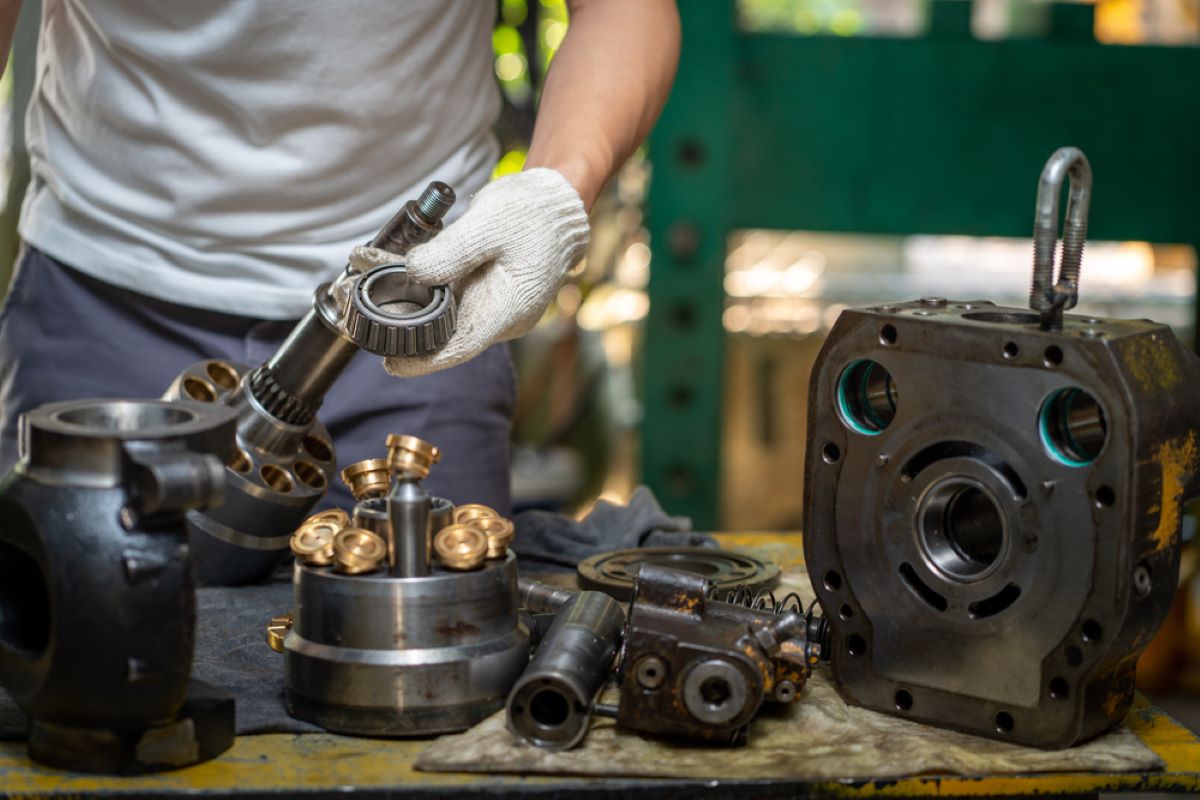
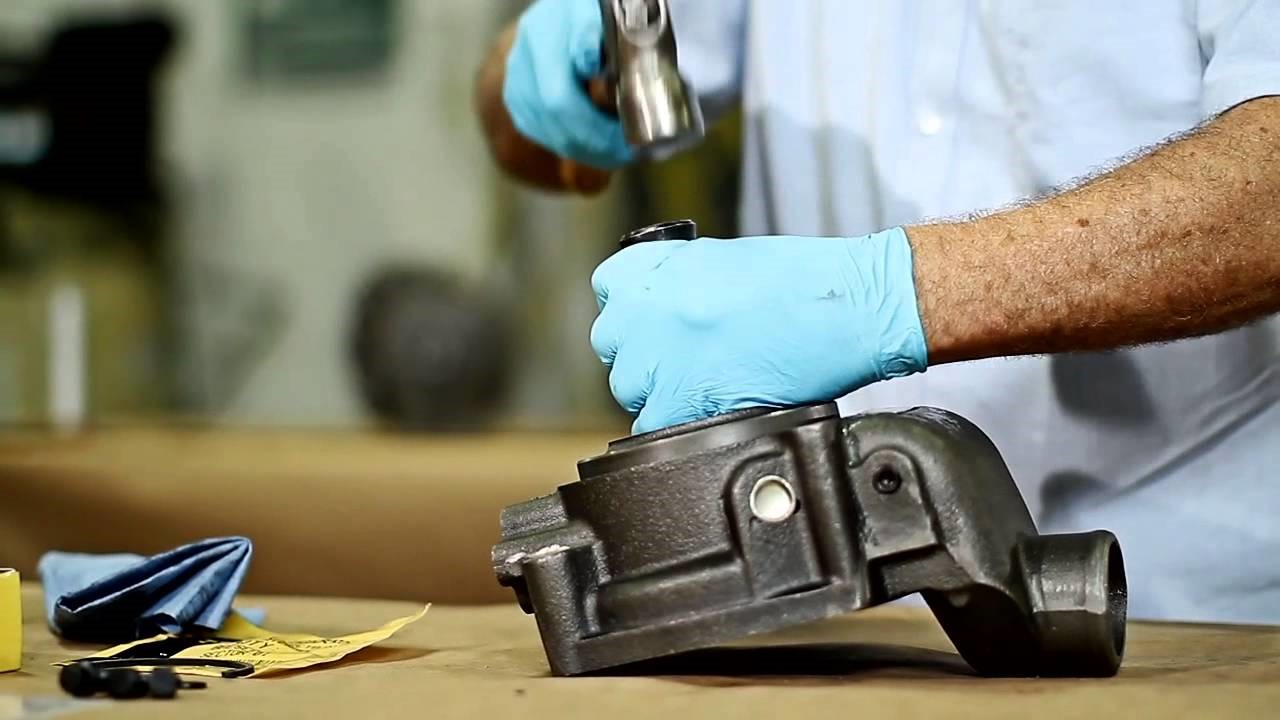
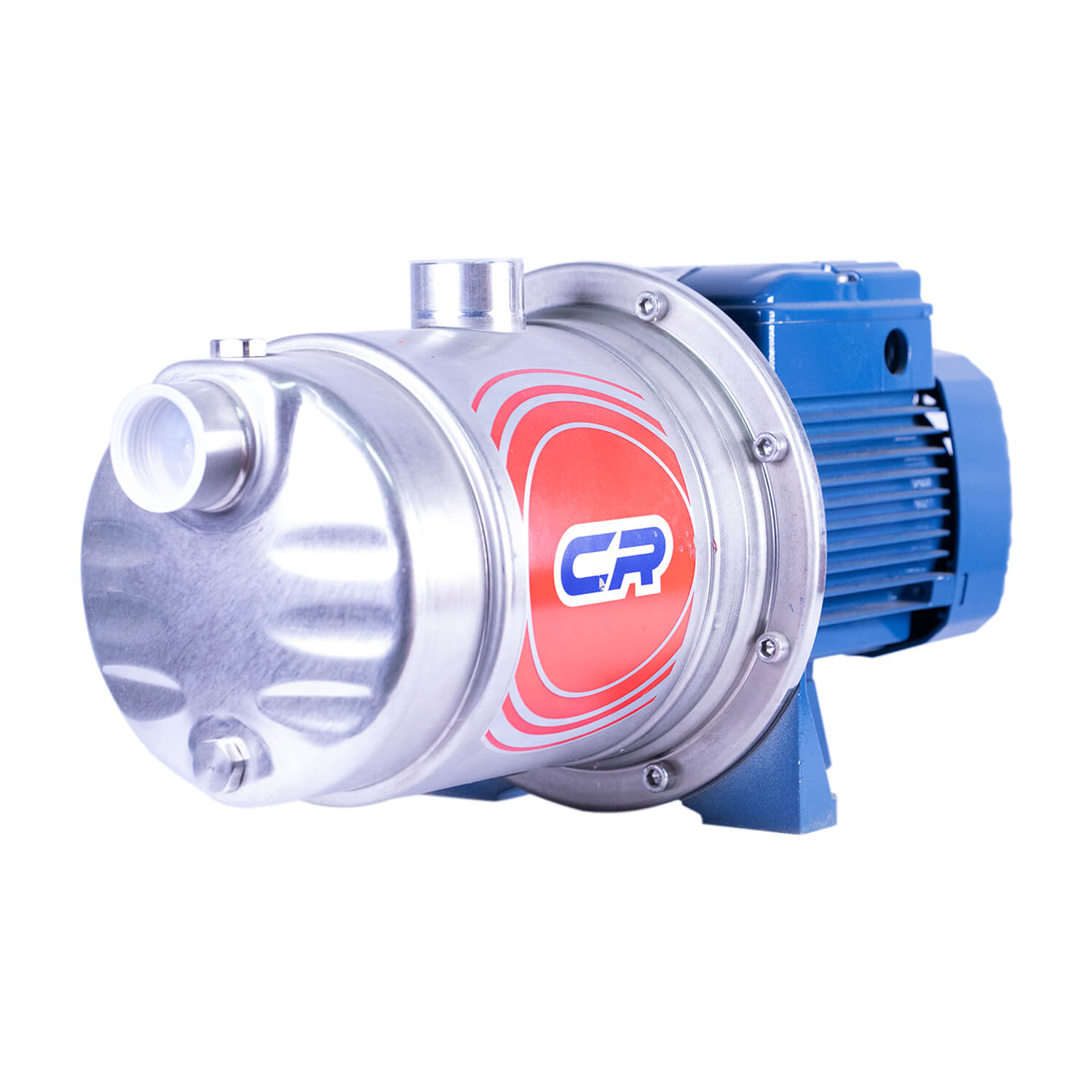
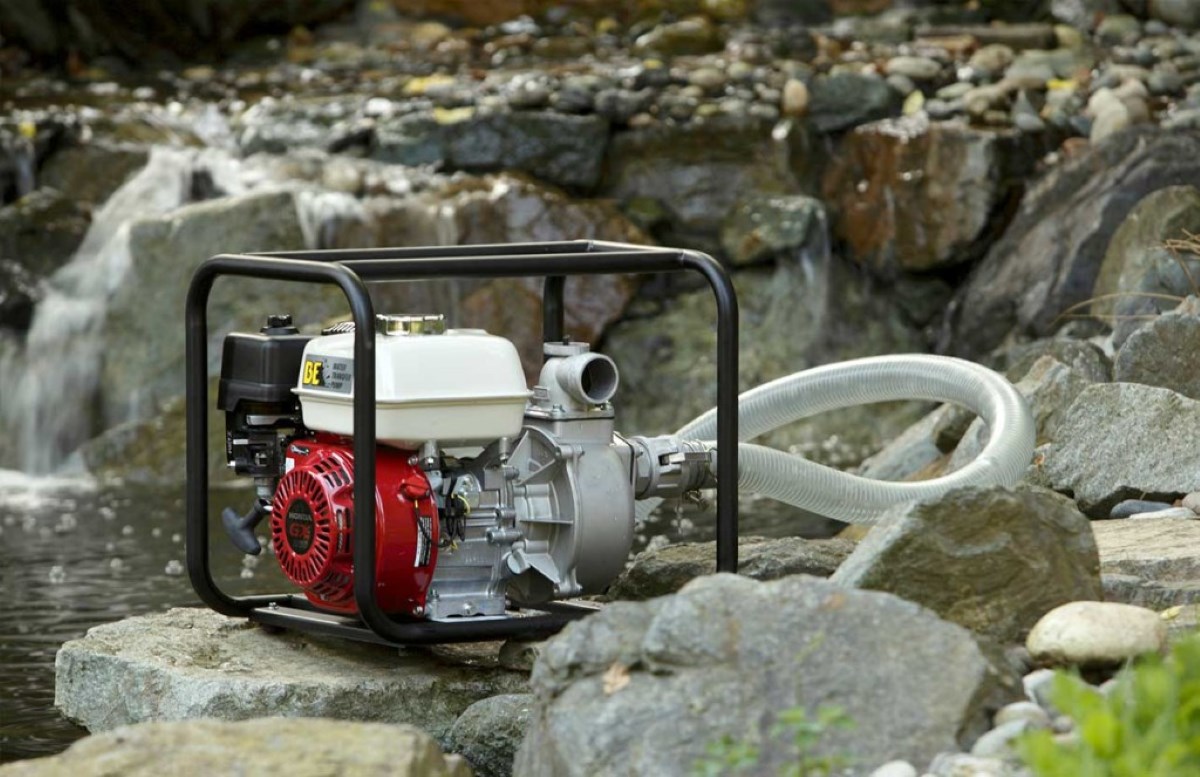
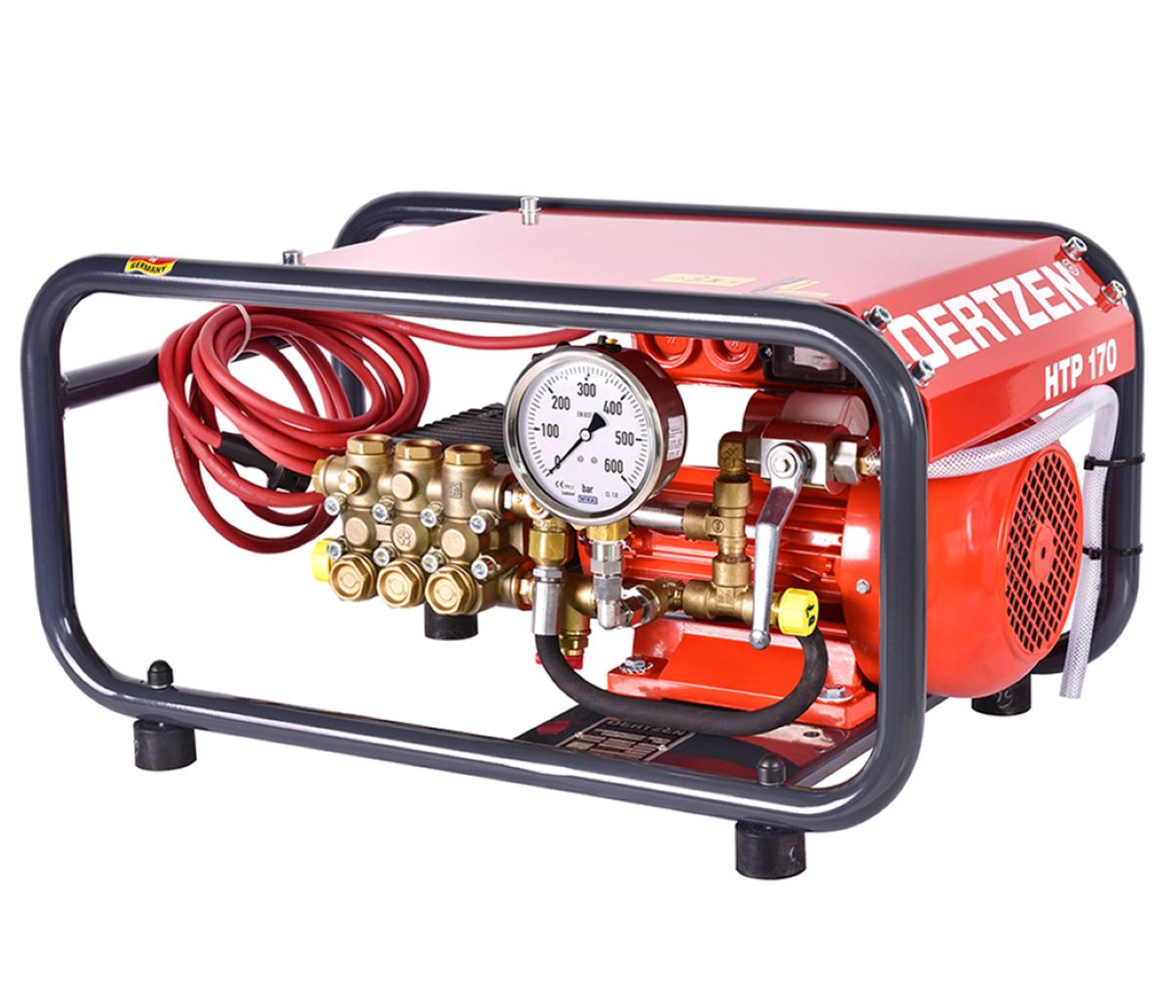
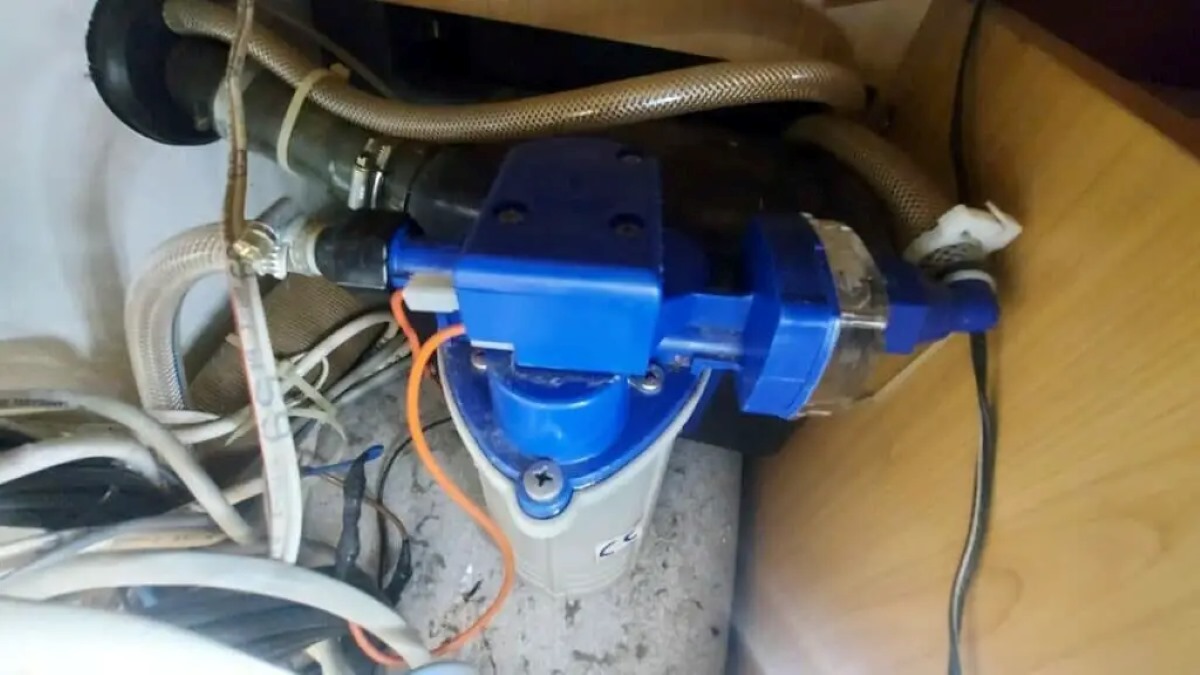
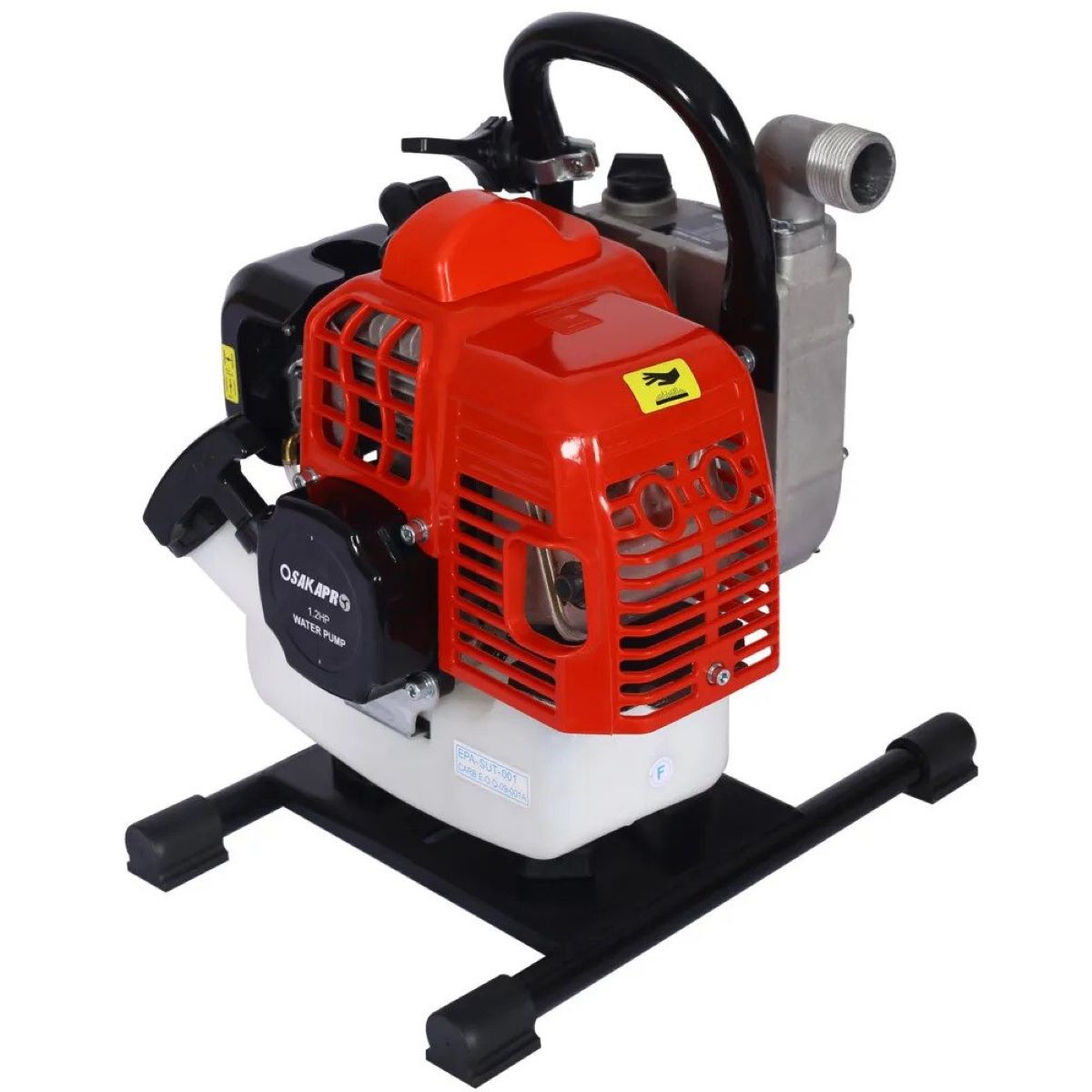
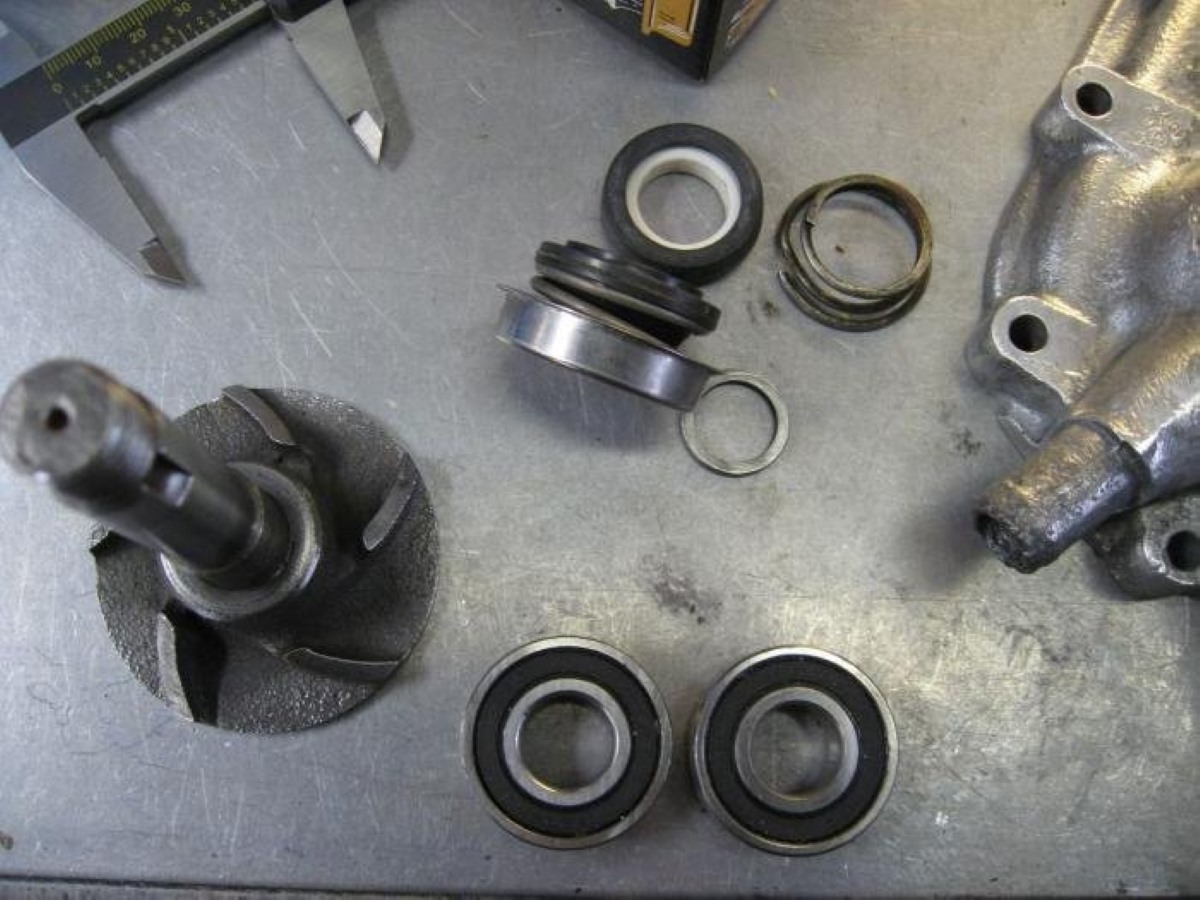
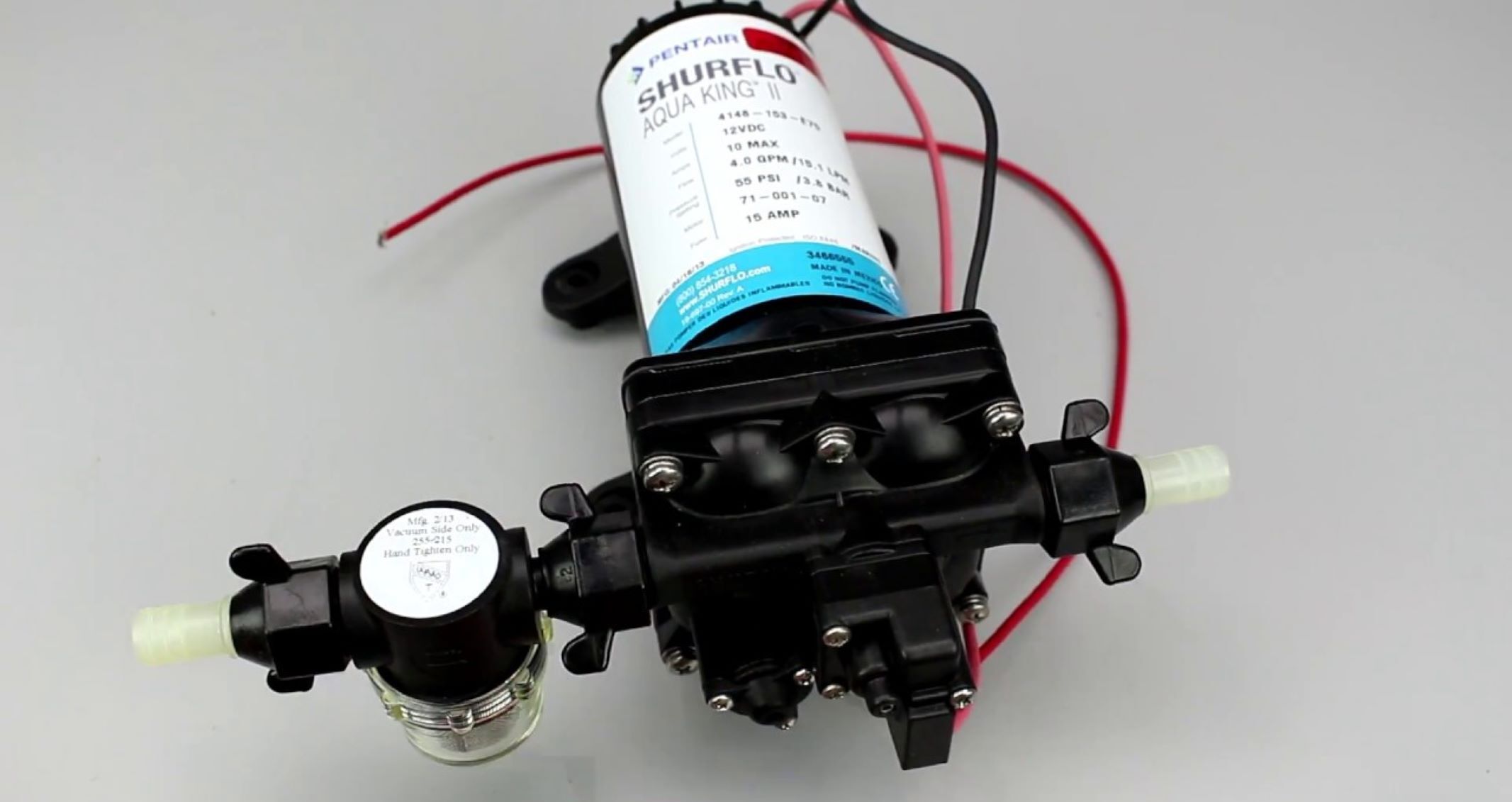
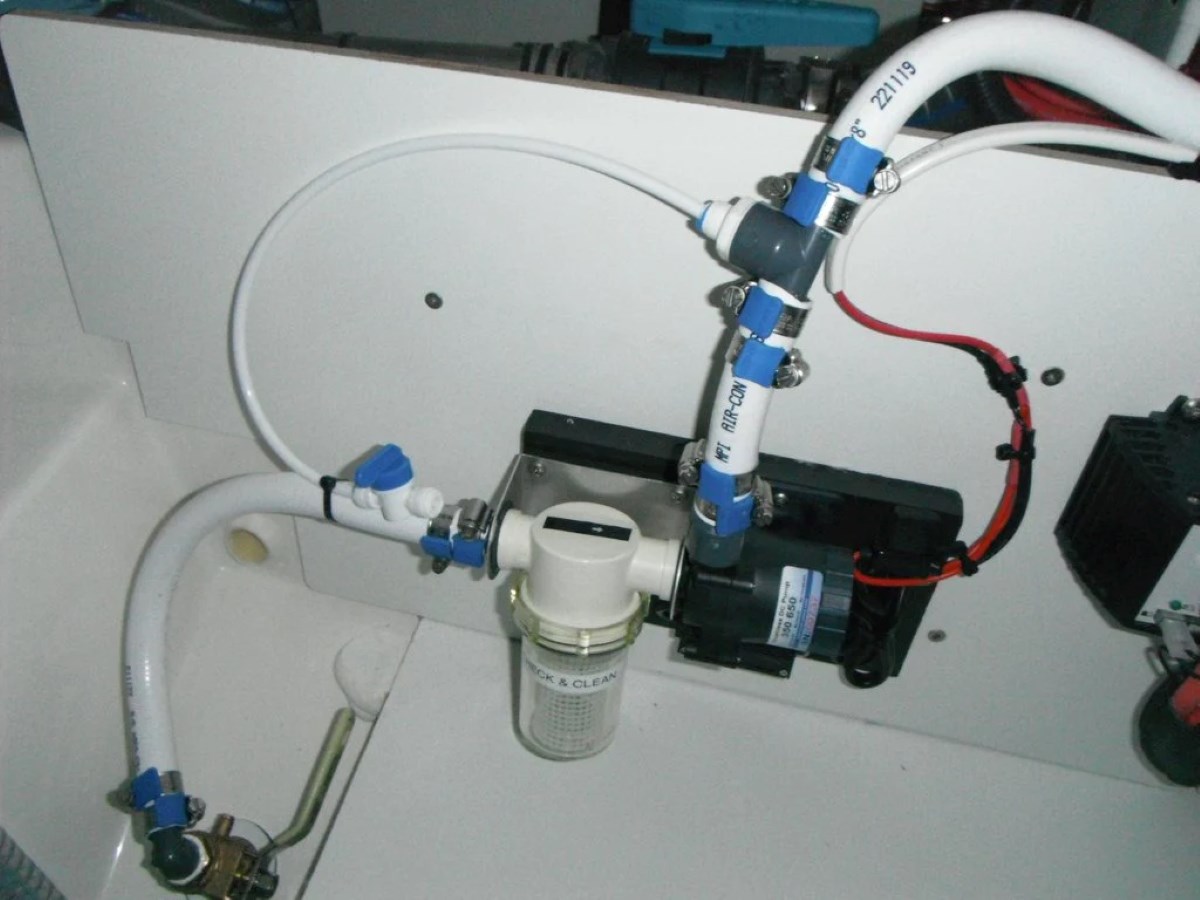
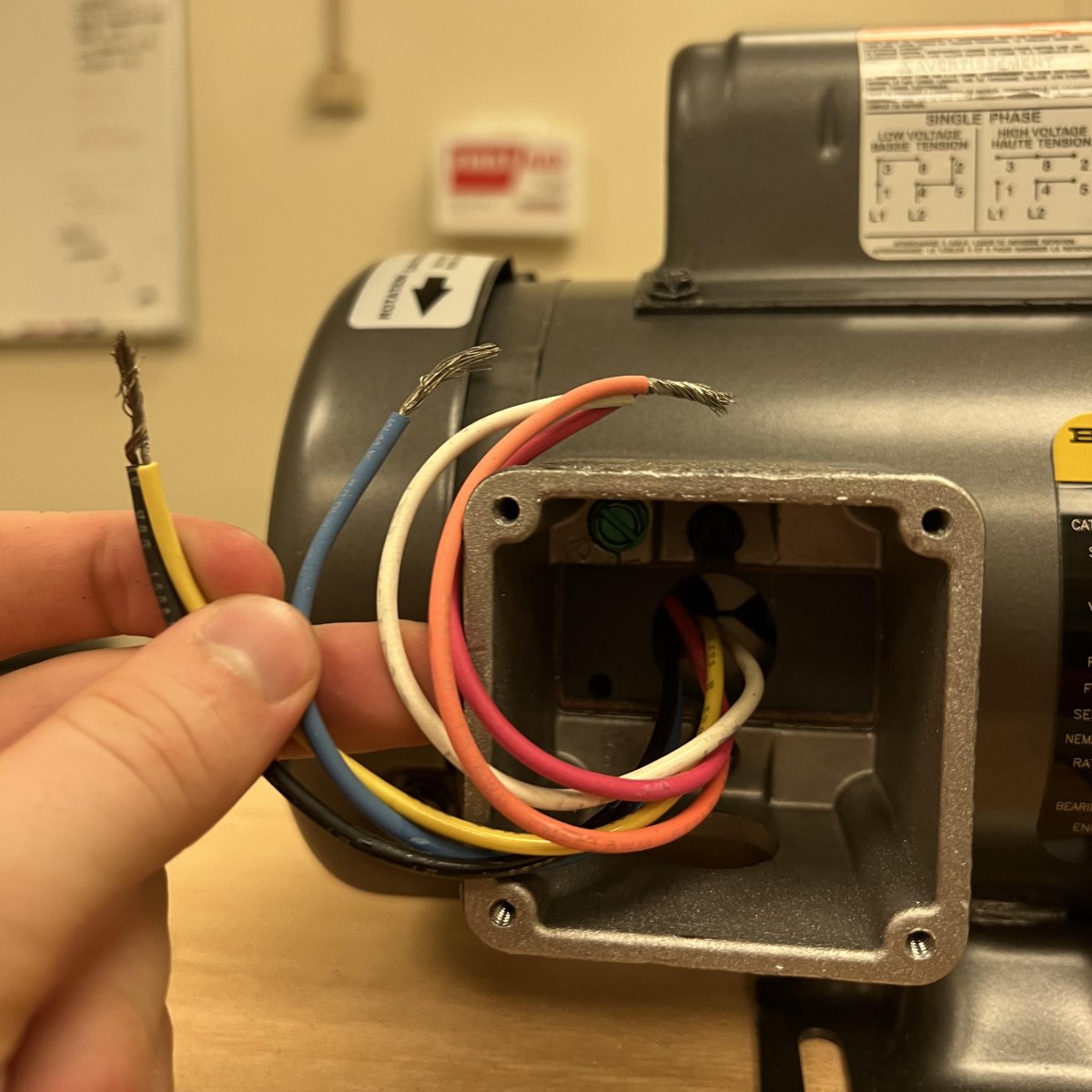
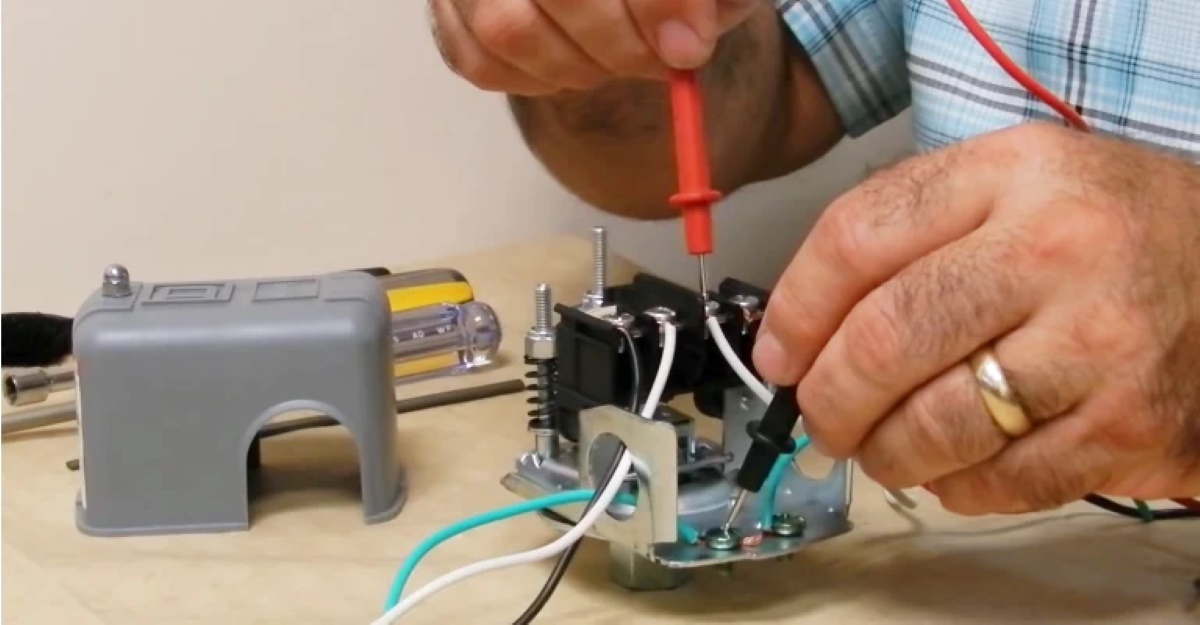
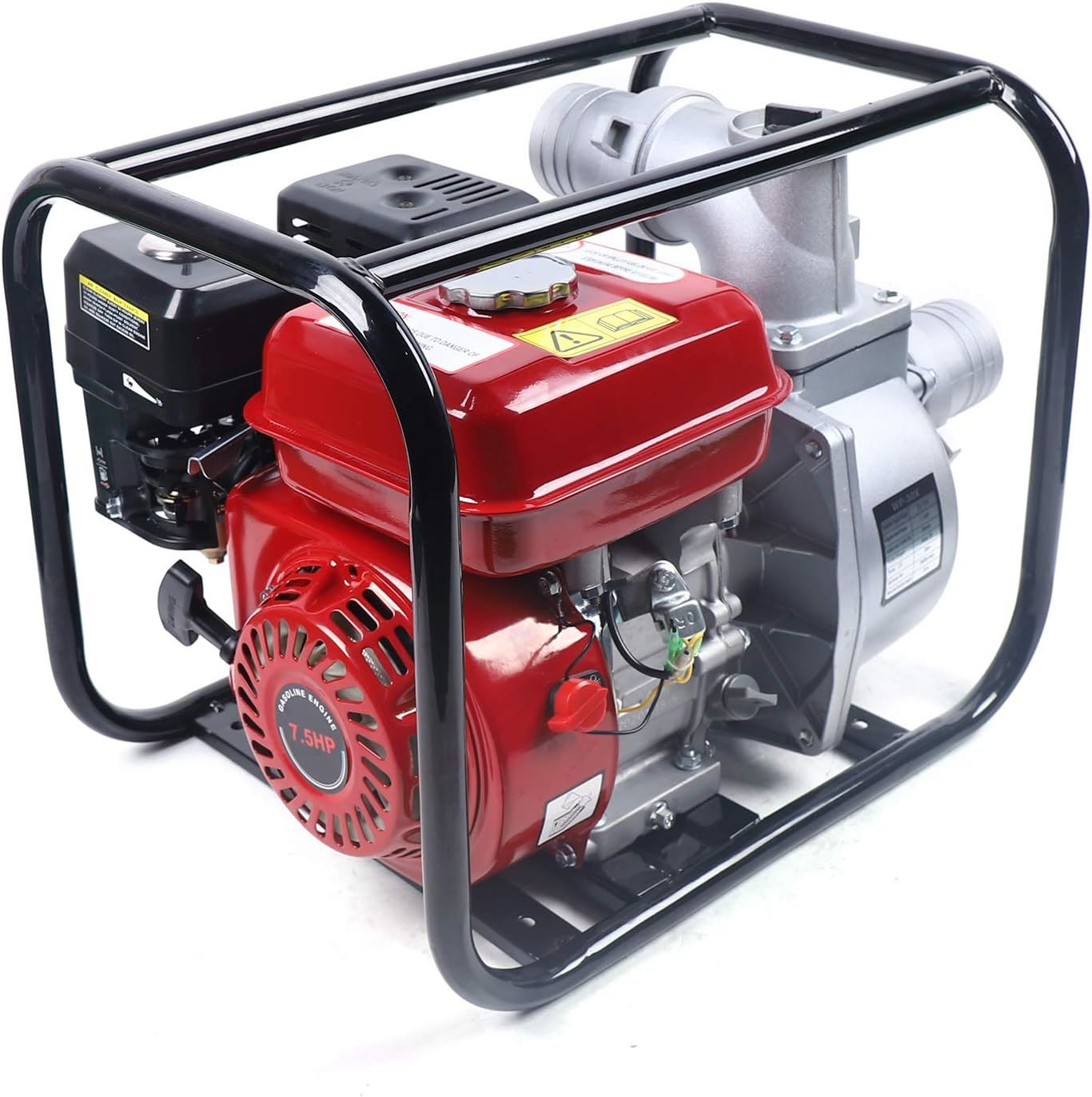

0 thoughts on “How To Choose The Best Water Pump”